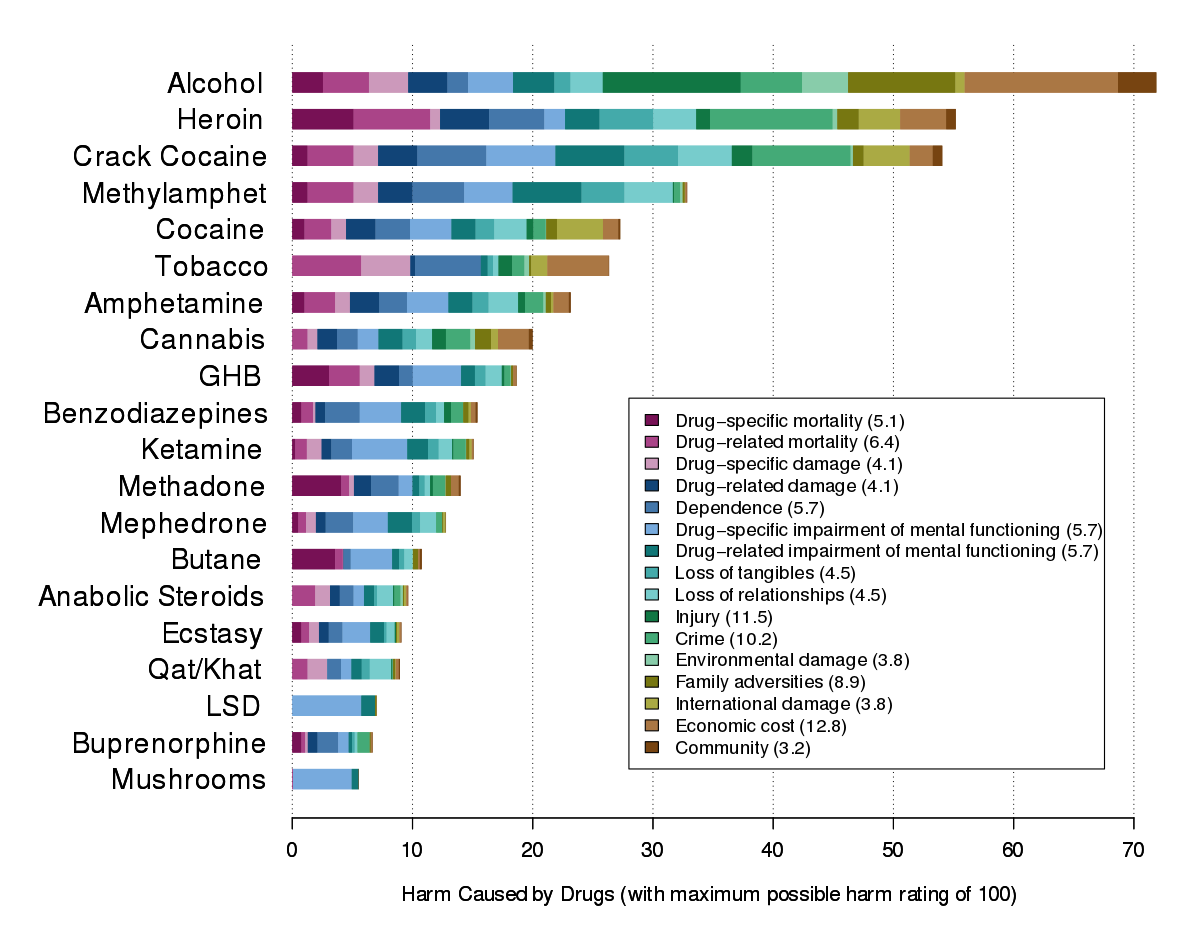Some Known Questions About Drug Rehabilitation.
Wiki Article
How Drug Rehabilitation can Save You Time, Stress, and Money.
Table of ContentsSome Of Drug RehabilitationAn Unbiased View of Drug RehabilitationThe 45-Second Trick For Drug RehabilitationOur Drug Rehabilitation PDFsThe 6-Second Trick For Drug Rehabilitation
This includes attending to the entire individual to make sure that every one of the underlying causes and effects of the dependency are properly looked after and dealt with. This gives people the tools they require for a full return to a pleased, healthy and balanced, substance-free life. Drug addiction "therapy" is a little bit of a misleading term it implies that individuals with addictions are "all far better" after they have actually received some type of therapy.Also individuals with years of successful healing should stay mindful of their possibility for regression, and they have to make use of the devices they learned in therapy to stop it. The word "rehab" also suggests that a person is being corrected after misbehaving, which follows society's stigma concerning dependency. Drug Rehabilitation. Part of the recovery process is for people with addictions, and their families, to discover that dependency refers biology and not principles
Nevertheless, transitioning from physical and mental addiction to a healthy and balanced and delighted lifestyle is a huge adjustment. It is very important that the steps to drug rehab be correctly attended to throughout the medicine rehabilitation procedure. There are 4 phases of addiction healing: Dependency assessment is a specifically crucial part of the rehabilitation procedure.
This becomes part of the underlying psychology of dependency, and it reinforced by fears of apprehension for belongings and judgment from family and pals. The analysis procedure calls for acquiring count on and appearing that deceptive nature. The specific demands to identify which compounds were made use of and the degree of their compound usage.
The Greatest Guide To Drug Rehabilitation

For several people with addictions, anxiety of withdrawal is a significant barrier to escaping their addiction, and that worry keeps them from also attempting. Withdrawal and medication detox do not have to be a dreadful experience. By participating in a medical detoxification program, individuals can obtain through the experience safely and easily.
For many people with substance addiction, their material use is no longer about obtaining high. Drug rehab is the process where the deep problems around the dependency are identified and attended to.
Not known Facts About Drug Rehabilitation
Instead, it can be claimed that rehab is the procedure of discovery, while what occurs afterward is recovery. The addicted mind usually begins to think particularly after a time period in abstinence that linked here it is alright to attempt drinking or utilizing compounds once more. However, this rarely works, and the vast majority of people that try drinking or using medications once again will rapidly wind up where they were before.
Sober living residences are a particularly reliable strategy to aftercare when an individual is released from rehabilitation. Individuals and their families must talk about these options with their counselors while still in rehabilitation. There are different kinds of therapy for addiction, based on the level of treatment provided. When picking the degree of therapy, the choice should be based on what will certainly offer the specific the very best chance of success in healing out what the individual wants to do.
This is a bad combination, as it thrusts lots of people to believe that they can stop making use of medicines or alcohol consumption on their own. They might be hesitant to see and admit that they require a higher level of care, such as inpatient rehabilitation. Cleansing from a compound is not the like therapy for compound dependency.
Drug Rehabilitation - An Overview
, people's minds are muddled and they really feel literally and psychologically ill. They are not receptive to any kind of kind of counseling or treatment till their minds clear and they are feeling better.Like inpatient therapy, residential treatment supplies the restorative effect of removing people from their dysfunctional way of life and atmosphere and placing them in safe, healthy environments. This allows them to reorient their lives and assumed procedures while focusing on distraction-free recuperation.
Individuals get healing solutions on-site during the day, however go home or to a sober living center at evening. The intensity of the daytime therapy will depend on his response specific demands and the programs available at the outpatient center. The majority of individuals with serious addiction will likely have far better end results in inpatient treatment and rehabilitation.
Drug Rehabilitation Things To Know Before You Buy
Long-lasting household treatment programs commonly use a therapeutic method called the restorative neighborhood (TC). This is an approach to re-socializing individuals whose dependency has actually seriously influenced their ability to fit into culture. These include people with major criminal actions, individuals who are homeless, teens and people with serious mental health disorders.Report this wiki page